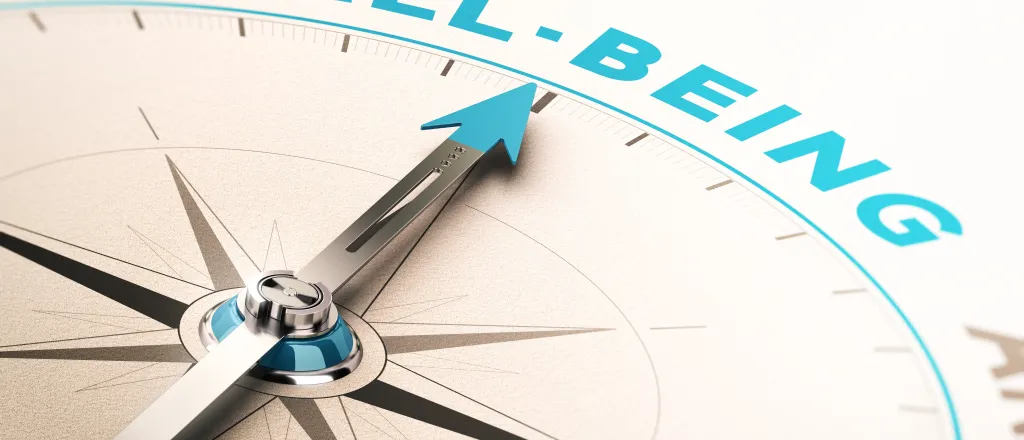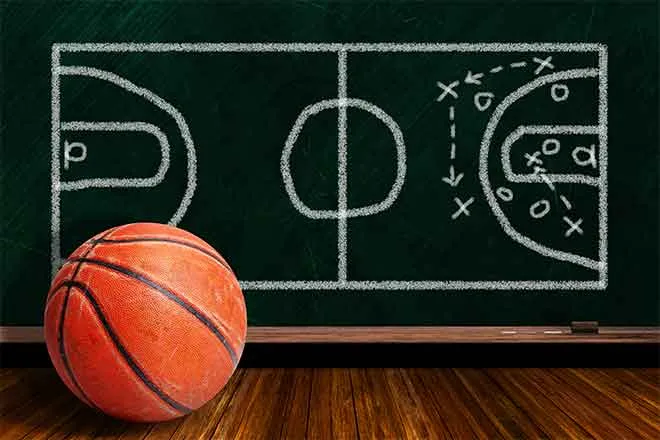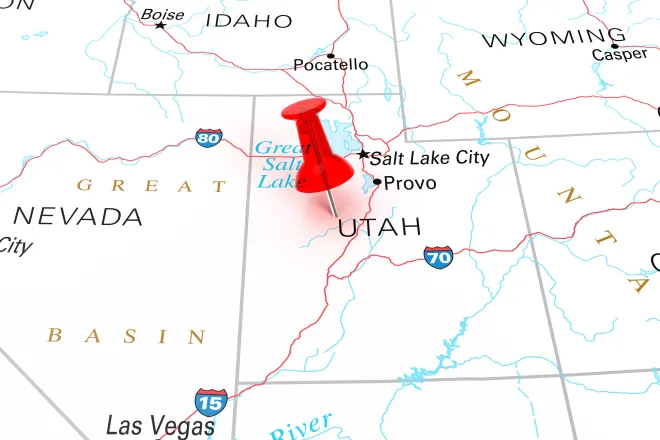
Training program for teens helps peers connect to mental health resources
(Colorado News Connection) One in five teens in the U.S. will experience a mental health challenge before they turn 18, but 64 percent of them won't seek help.
A new training program is turning to teens to get their peers connected to the resources they need to turn things around.
Betsy Molgano, program director for Mental Health First Aid Colorado, said young people are in a unique position to identify warning signs. Maybe someone they know has been withdrawing from friends, or they used to enjoy soccer and now they aren't showing up for practice.
"You're not diagnosing this person, you're just kind of noticing a change in behavior or appearance," Molgano explained. "The training is supposed to help kids feel more comfortable to approach someone and to be like 'I've noticed that there is a change in your typical behavior. Do you want to talk about it? Is everything OK?'"
According to the 2021 Healthy Kids Colorado Survey, nearly 40 percent of high school students said they experienced symptoms of depression in the last year, and 17 percent said they had seriously considered suicide. Suicide is the third leading cause of death for kids aged 15 to 19.
Maranda Miller, mental health first aid coordinator at Centennial Mental Health Center, said Colorado has taken steps to help young people, including offering free mental health therapy for all youth through a legislatively funded program called I Matter. She encouraged all school districts, even those with tight training budgets, to explore local training opportunities at mentalhealthfirstaid.org.
"We know that there's a huge return on investment if our youth know that they can help each other, that they can help themselves, and that there are highly vetted, highly trained resources available to them," Miller outlined.
Molgano noted the Teen Mental Health First Aid training helps young people learn how to get their peers to address mental health and substance use challenges, how school violence and bullying impacts mental well-being, and how to get help from trusted adults and mental health professionals.
"It helps arm kids with the tools that they need to not only help themselves understand what's going on in their own lives -- and what they might be dealing with -- but also to be on the lookout for what might be going on with their friends, and help build a stronger community," Molgano emphasized.
















